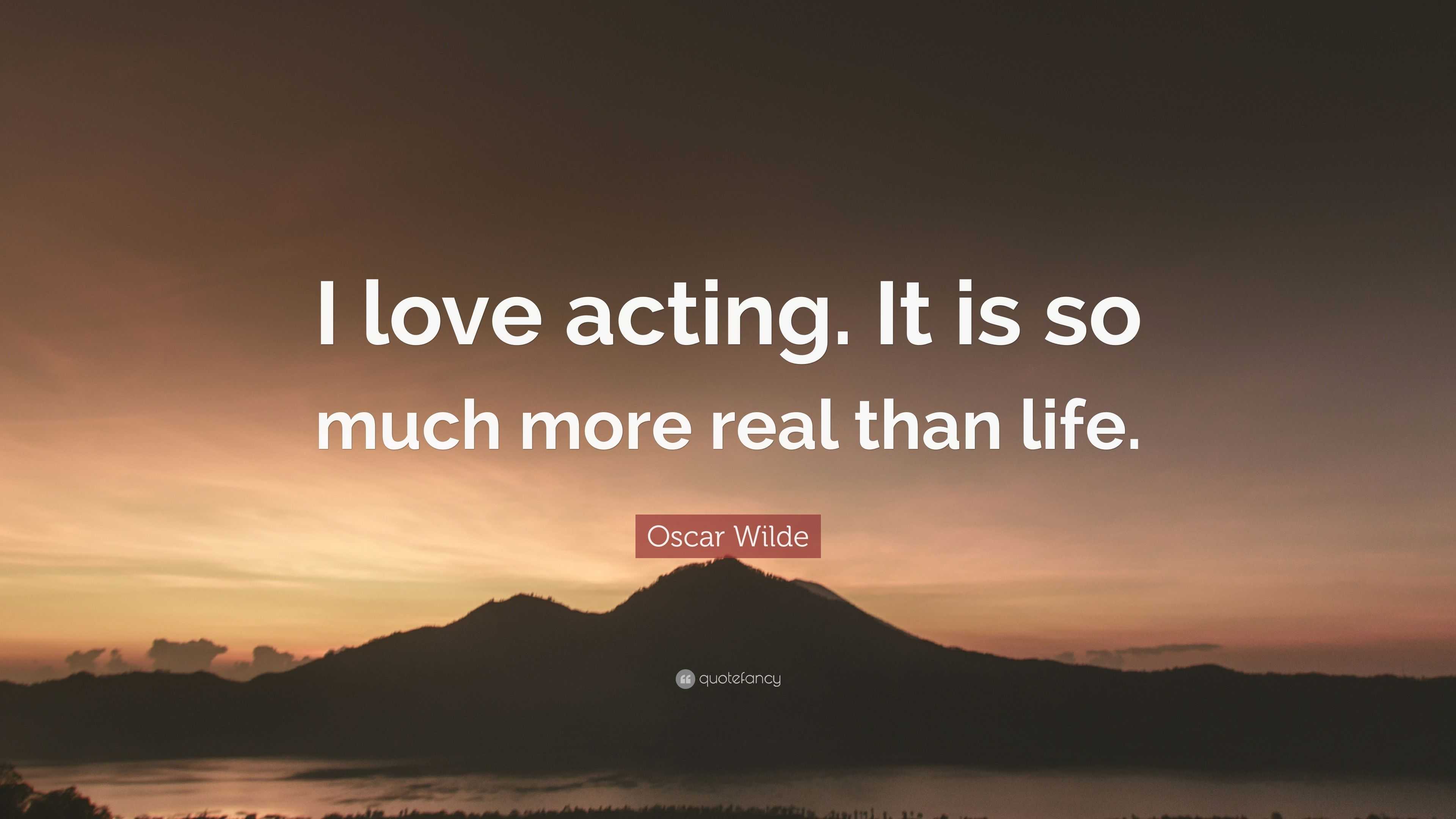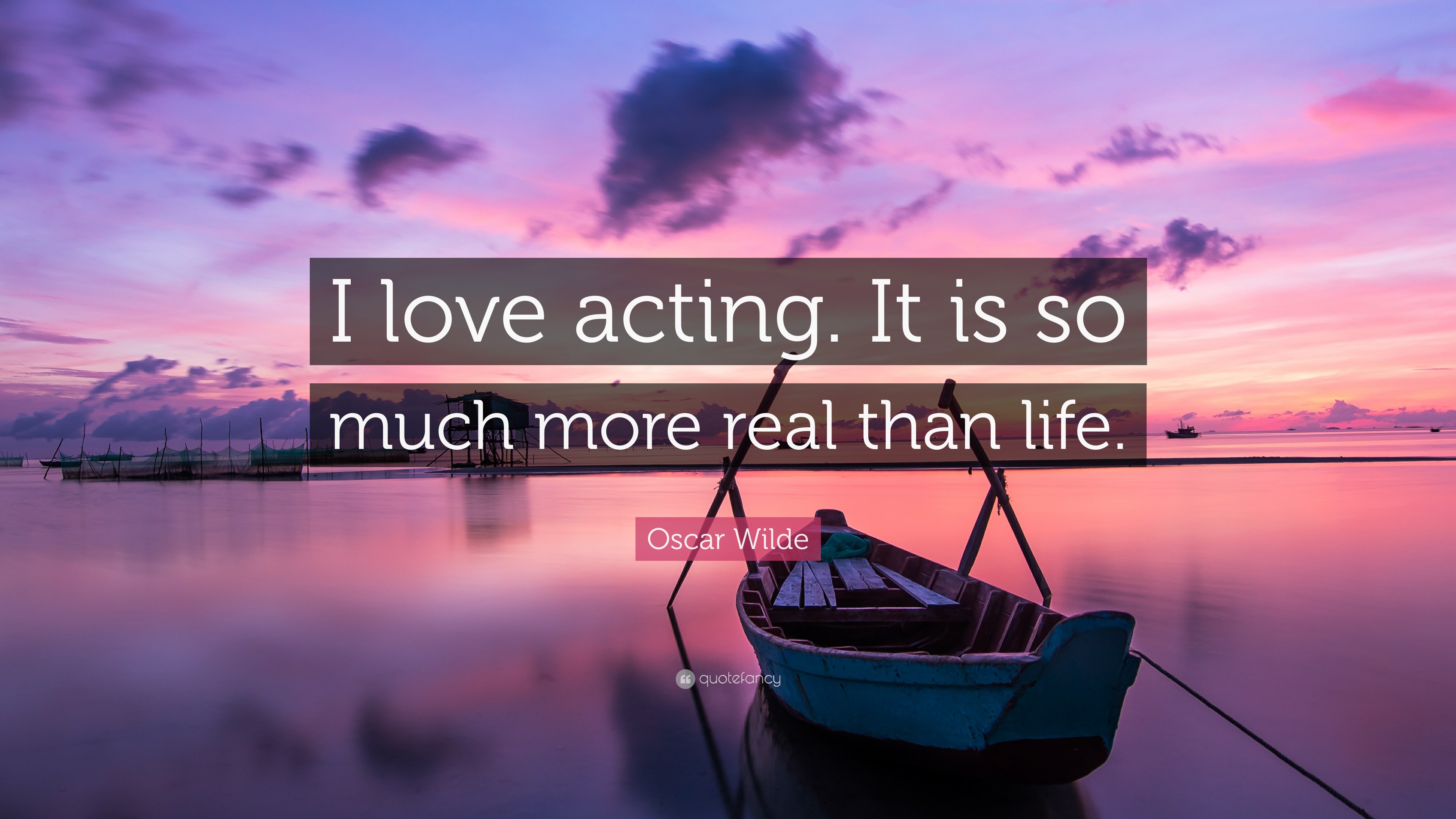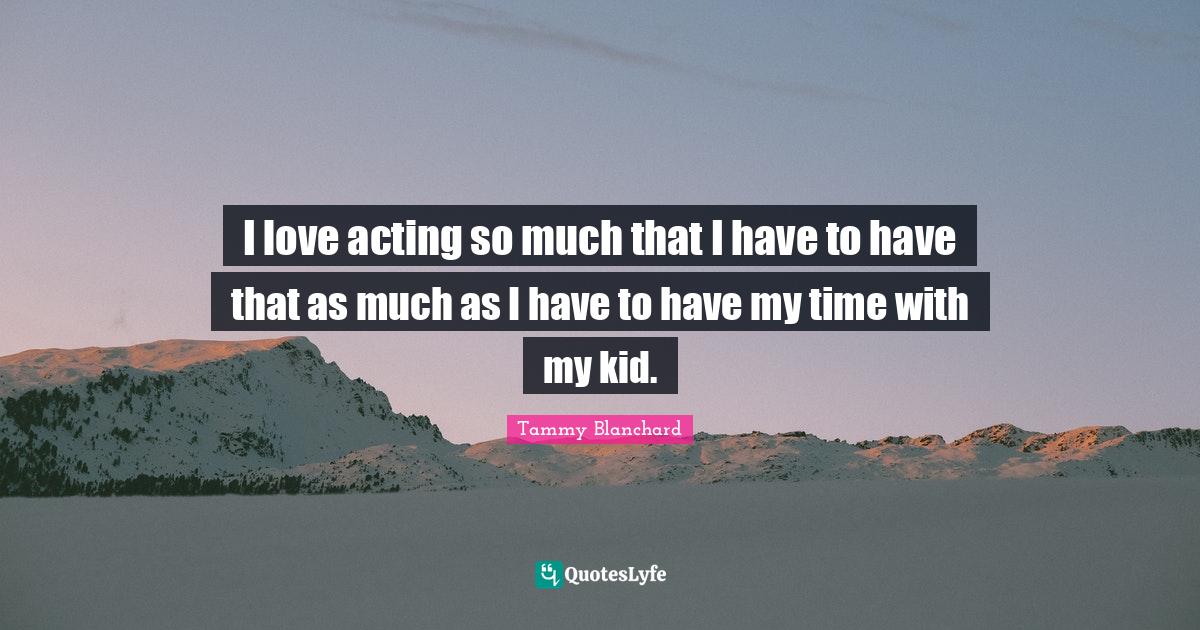Acting is more than just a profession or a hobby for many—it’s a deeply fulfilling passion that resonates on multiple levels. Whether it’s the emotional release, the challenge of becoming someone else, or the joy of connecting with an audience, acting holds a special place in the hearts of many.
What Makes Acting So Compelling?
Acting captivates people for numerous reasons. At its core, acting is an emotional and psychological journey that allows individuals to express themselves in ways that are often inaccessible in everyday life. It offers a way to explore the depths of human emotions, from joy and love to fear and sadness.
One of the key reasons why people are drawn to acting is its transformative nature. By stepping into the shoes of another person—whether a fictional character or a historical figure—actors can experience the world from a completely different perspective. This process of transformation is not only exciting but also liberating, allowing actors to temporarily shed their own identity and take on new roles and experiences.
This ability to become someone else is a unique form of self-expression that few other activities offer. For many actors, it’s the thrill of this transformation that makes them love acting so much. They enjoy the challenge of discovering new dimensions to themselves through the characters they portray, constantly learning and growing in the process.

How Does Acting Help You Understand Yourself?
Another reason why people love acting is that it can serve as a mirror for self-reflection. Through the process of preparing for and performing roles, actors often uncover aspects of themselves that they weren’t previously aware of. This might include hidden emotions, personal biases, or unresolved feelings. Acting provides a safe space to explore these parts of oneself in a structured and creative environment.
For example, an actor playing a character going through grief may find that the role allows them to process their own experiences with loss. The intense emotions involved in acting can act as a cathartic release, providing a way to deal with personal issues that might be difficult to confront in real life.
Moreover, acting encourages actors to develop a deeper understanding of human nature. By studying characters and their motivations, actors gain insights into why people behave the way they do. This not only helps them in their acting craft but also enhances their empathy and ability to relate to others in real life. For instance, understanding the motivations behind a villain’s actions can help an actor develop compassion for people who behave similarly in the real world, even if those actions are harmful.
The Emotional Benefits of Acting
How Acting Boosts Confidence and Self-Esteem
One of the most profound emotional benefits of acting is the confidence it builds. For many, the idea of standing on a stage or in front of a camera can be terrifying at first, especially when facing an audience or a cast of seasoned actors. However, the process of overcoming stage fright, mastering a character, and delivering a performance can significantly boost a person’s self-esteem.
Acting forces individuals to step out of their comfort zones. Whether it’s learning lines, performing complex emotions, or working with unfamiliar people, every step in acting requires growth. This gradual exposure to challenging situations allows actors to gain a sense of control and confidence that they can carry into other areas of life. Studies have shown that performing arts, including acting, can lead to improved self-confidence and public speaking skills, which are crucial for both personal and professional development.
For instance, actors often cite the experience of nailing a performance as one of the most rewarding moments in their careers. Whether it’s a standing ovation or positive feedback from a director, these moments of recognition provide a sense of achievement and validation that can uplift a person’s self-worth. Over time, these experiences help actors become more self-assured, not only in their acting abilities but also in their daily lives.
Why Acting Is a Form of Emotional Release
Acting is often described as a form of therapy, offering a unique outlet for emotional expression. Many actors find that they are able to express emotions through their characters that they might suppress in their real lives. For instance, playing a character who is angry or grieving can help an actor release similar feelings they’ve been holding back. This form of emotional catharsis is one of the reasons why so many people fall in love with acting.
Acting allows you to step into intense emotional states, such as joy, anger, sorrow, or fear, and safely explore them without the consequences that come from displaying those emotions in real life. Actors are encouraged to draw from their own emotional experiences to give authentic performances, which can provide a form of emotional healing or release.
For example, an actor who has experienced personal loss may channel those feelings into their performance, allowing them to process their grief in a controlled and creative environment. This not only leads to more compelling performances but also provides the actor with a sense of relief and closure.
Furthermore, acting helps actors build emotional resilience. Repeatedly engaging in emotionally challenging roles helps actors learn how to manage and control their emotions in high-pressure situations. This skill is useful not only on stage but also in real-life scenarios where maintaining emotional composure is important.

The Creative Fulfillment of Acting
Why Acting Fulfills the Need for Creativity
Acting is a deeply creative art form, and for those who love acting, it provides a way to continuously engage with and nurture their creativity. Every role, scene, or performance requires an actor to use their imagination to bring a character to life. This often involves interpreting a script in unique ways, understanding the subtext of dialogue, and visualizing how a character might behave in different situations. The freedom to explore these elements is one of the reasons why acting is so creatively fulfilling.
For many actors, the process of character creation is akin to creating a work of art. Actors are responsible for building their character from the ground up, which includes deciding how the character moves, speaks, and reacts to their environment. This creative process can be incredibly rewarding, as it allows actors to leave their personal imprint on a performance. No two actors will interpret a role the same way, which means that every performance is an opportunity to create something original.
Moreover, acting allows you to work within a collaborative creative environment. Whether on stage or on set, actors work closely with directors, writers, and other performers to bring a shared vision to life. This collaboration enhances the creative process, as actors contribute to the overall story being told while also relying on the creativity of others to improve their own performance.
How Acting Encourages Collaboration and Teamwork
One of the most enjoyable aspects of acting is the collaborative nature of the craft. While acting may seem like a solo pursuit when watching someone perform on stage or screen, it’s actually a highly collaborative process behind the scenes. Acting requires actors to work closely with fellow performers, directors, producers, and crew members. Each role in a production is vital to its success, and the spirit of teamwork is what brings a performance to life.
In theater, for example, actors rely on one another to maintain the flow of a scene. Whether it’s sharing dialogue, playing off each other’s energy, or covering for mistakes, acting in an ensemble requires constant communication and cooperation. Even in film or television, where performances are more isolated due to editing, actors still need to build a rapport with their co-stars and crew to ensure that their work fits into the larger production.
The importance of teamwork in acting can also lead to deep personal connections. Many actors form lifelong friendships with people they’ve worked with on various productions. The shared experience of creating something meaningful together fosters a sense of camaraderie and mutual respect.
For example, in successful acting troupes or long-running theater companies, the bond between performers often mirrors the bond of a close-knit family. Working together towards a common goal, such as delivering a powerful performance or telling an impactful story, strengthens relationships both on and off stage.

The Psychological Impact of Acting
How Acting Helps You Escape from Reality
One of the most intriguing aspects of acting is its ability to provide an escape from reality. For many actors, taking on a role allows them to temporarily step out of their own lives and into the shoes of another person. This psychological escape can be both refreshing and exhilarating, especially for those who find the routine of daily life to be stressful or limiting.
When actors immerse themselves in a character, they leave behind their own worries, anxieties, and responsibilities. The focus shifts entirely to understanding and portraying the thoughts, feelings, and motivations of the character they are playing. This detachment from personal reality can serve as a form of mental relief, offering a way to forget about everyday concerns, even if just for a short while.
For example, an actor portraying a fantasy character in a period drama or science fiction film might feel a sense of freedom in exploring a world vastly different from their own. This immersion into an alternate reality can be therapeutic, providing a break from real-world pressures. This sense of escape is often what draws actors—and even audiences—towards certain genres, where the opportunity to leave behind the mundane and enter a new world is irresistible.
Moreover, this escape from reality isn’t just about avoiding problems—it’s also about gaining perspective. By stepping into someone else’s life, actors can return to their own lives with a refreshed mindset, often with a deeper appreciation for their own circumstances.
How Acting Challenges Your Mind
Acting isn’t just an emotional journey; it’s a mental exercise that constantly challenges an actor’s intellect. To successfully portray a character, actors must dig deep into the psychology, motivations, and backstory of that individual. This process often involves extensive research, especially for roles based on real-life figures or set in historical contexts. The mental effort required to get inside a character’s head is what makes acting both mentally stimulating and rewarding.
One of the biggest challenges in acting is memorizing lines. Actors must not only remember their dialogue but also the timing, tone, and emotional context in which it should be delivered. This task requires a great deal of focus, concentration, and mental agility, as actors must juggle multiple elements of performance simultaneously.
Additionally, acting pushes the mind to be adaptable and quick-thinking. During live performances, actors may need to improvise if something goes wrong—whether it’s a missed cue, forgotten line, or technical issue. This ability to think on one’s feet and stay in character, regardless of what happens on stage, is a valuable mental skill that extends beyond acting.
Furthermore, acting often involves analyzing complex scripts and understanding subtext. What a character says is often not what they truly mean, and actors must read between the lines to deliver a performance that captures these underlying emotions and intentions. This mental process deepens an actor’s understanding of human behavior and sharpens their ability to interpret and convey nuanced emotions.
Acting exercises both the creative and analytical sides of the brain, making it a unique and intellectually fulfilling activity. For those who love acting, the mental challenge it provides is part of what makes the craft so engaging and enjoyable.